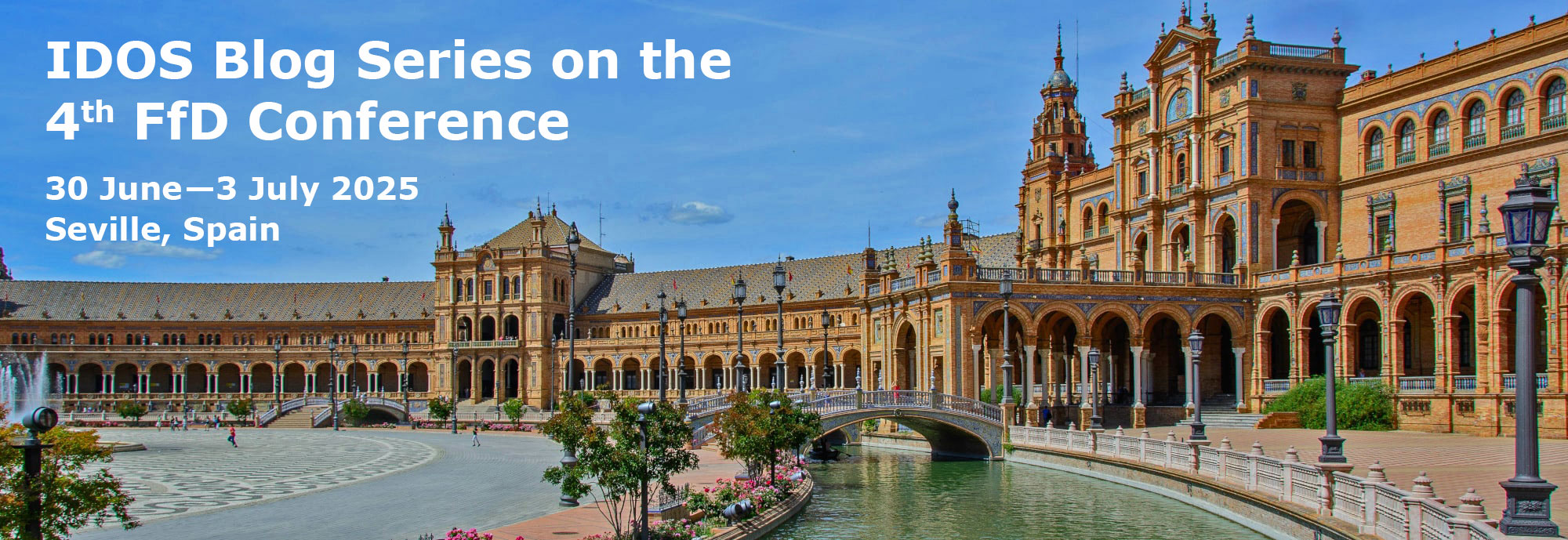
Globalisierung der Probleme und Nationalisierung der Politik
Krisen häufen sich. Sie werden gleichzeitig globaler und existentieller: Klimawandel, Kriege, Pandemien etc.; diese Krisen können nur durch internationale Kooperation gelöst werden. Aber die Strukturen hierfür sind schwach. Während sich in den letzten Jahrzehnten die Wirtschaft, Finanzen und Kommunikation schnell globalisierten, ist es nicht gelungen, regionale und multilaterale Institutionen entsprechend anzupassen. (mehr …)


